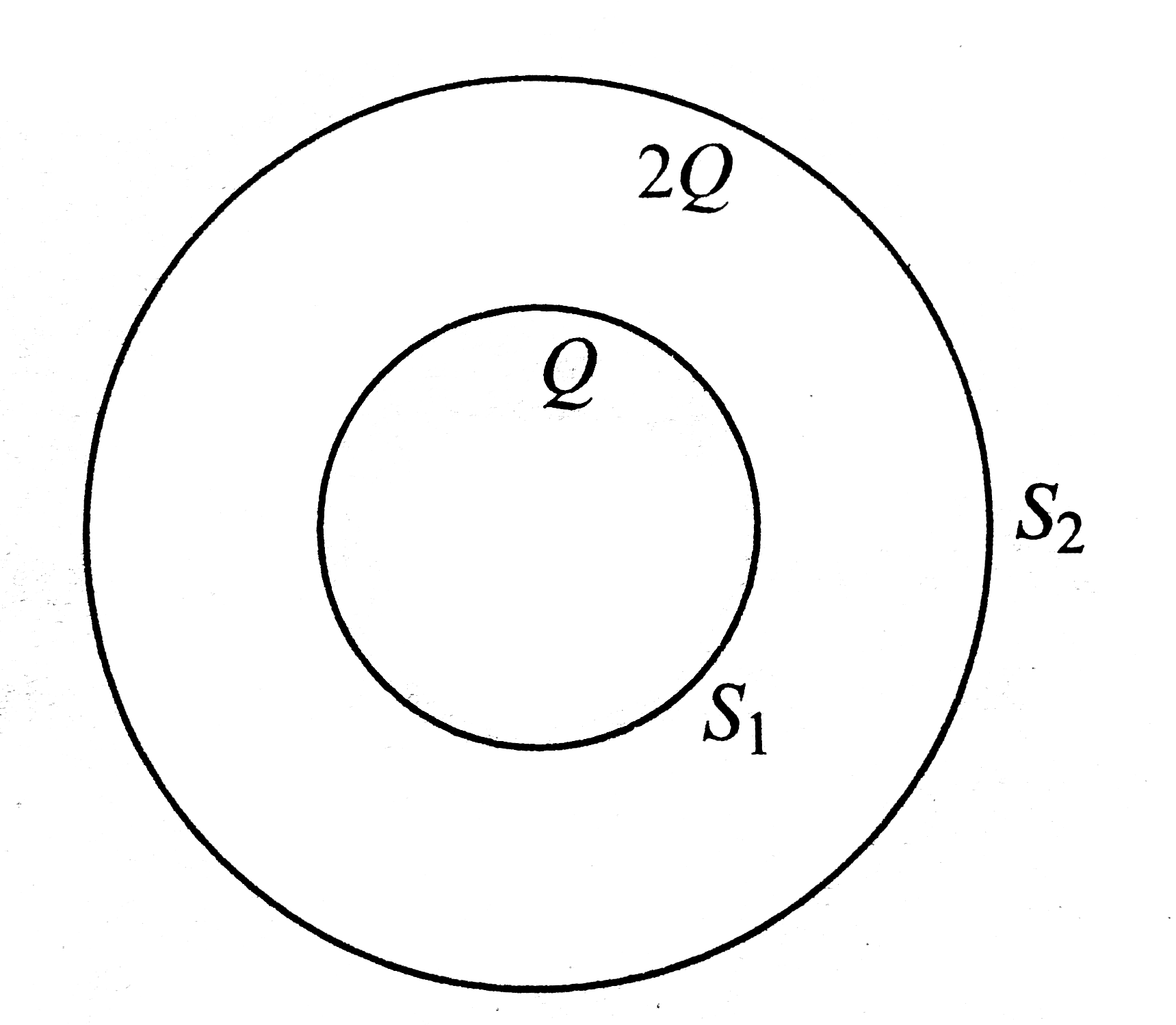Two planets S1 and S2 rotates about own axis S1 completes one rev in 1hr and S2 completes one rev in 8hr then find ratio of angular velocity of S1andS2 (ω1ω2)
8
18
4
14
The correct Answer is:A
To find the ratio of the angular velocities of two planets S1 and S2, we will use the relationship between angular velocity and time period. The angular velocity (ω) is inversely proportional to the time period (T) of rotation.
1. Identify the Time Periods:
- For planet S1, the time period T1 is given as 1 hour.
- For planet S2, the time period T2 is given as 8 hours.
2. Use the Formula for Angular Velocity:
The angular velocity ω is related to the time period T by the formula:
ω=2πT
Therefore, we can express the angular velocities for both planets as:
- For S1:
ω1=2πT1=2π1 hour
- For S2:
ω2=2πT2=2π8 hours
3. Calculate the Ratio of Angular Velocities:
Now, we need to find the ratio ω1ω2:
ω1ω2=2πT12πT2=T2T1
Substituting the values of T1 and T2:
ω1ω2=T2T1=8 hours1 hour=8
4. Final Answer:
Therefore, the ratio of the angular velocities of planets S1 and S2 is:
ω1ω2=8
- For planet S1, the time period T1 is given as 1 hour.
- For planet S2, the time period T2 is given as 8 hours.
The angular velocity ω is related to the time period T by the formula:
ω=2πT
Therefore, we can express the angular velocities for both planets as:
- For S1:
ω1=2πT1=2π1 hour
- For S2:
ω2=2πT2=2π8 hours
Now, we need to find the ratio ω1ω2:
ω1ω2=2πT12πT2=T2T1
Substituting the values of T1 and T2:
ω1ω2=T2T1=8 hours1 hour=8
Therefore, the ratio of the angular velocities of planets S1 and S2 is:
ω1ω2=8
Similar Questions
Knowledge Check
- Question 1 - Select One or More
Consider two satellites S1 and S2 with periods of revolution 1 hr. and 8hr. respectively revolving around a planet in circular orbits. The ratio of angular velocity of satellite S1 to the angular velocity of satellites S2 is:
A8:1B1:4C2:1D1:8 - Question 2 - Select One
A circular disc is rotating about its own axis at uniform rate completes 30 rotations in one minute.The angular velocity of disc in rad s−1 is
A2πBπCπ2Dπ4i - Question 3 - Select One
S1andS2 are two coherent sources of radiations separated by distance 100.25λ, where λ is the wave length of radiation. S1 leads S2 in phase by π/2.A and B are two points on the line joining S1andS2 as shown in figure.The ratio of amplitudes of component waves from source S1andS2 at A and B are in ratio 1:2. The ratio of intensity at A to that of B (IAIB) is
 A∞B19C0D9
A∞B19C0D9
Two satellite S1andS2 revolve roudna planet in coplanar circular orbits in the same sense. Their periods of revoltions are 1 h nd 8 h respectively. tE radius of the orbit of S1 is 104km. When S2 is closet to S1., find as. The speed of S2 relative to S1 and b. the angular speed of S2 as observed by an astronaut in S1.
View SolutionFind the angular velocity of a body rotating wilth an acceleration of 2revs2 as it completes the 5th revolution after the start
View SolutionTwo satellites S1andS2 revole round a planet in coplanar circular orbits in the same sanse. Their periods of revolution are 1 hour and 8 hour respectively. The radius of the orbit of S1is104km, When S2isclosest→S1 find
(i) the speed of S2relative→S_1<br>(ii)theanga––rspeedofS_2asactuallyobservedbyan∗ronautisS_1.View SolutionS1andS2 are two hollow concentric spheres enclosing charge Q and 2Q, respectively, as shown in figure. What is the ratio of the electric flux leaving through the surface of S1andS2?
 View Solution
View SolutionA particle is observed from two frames S1andS2. The frame S2 moves with respect to S1 with an acceleration a. Let F1andF2 be the pseudo forces on the particle when seen from S1andS2 respectively. Which of the following are not possible ?
View Solution


